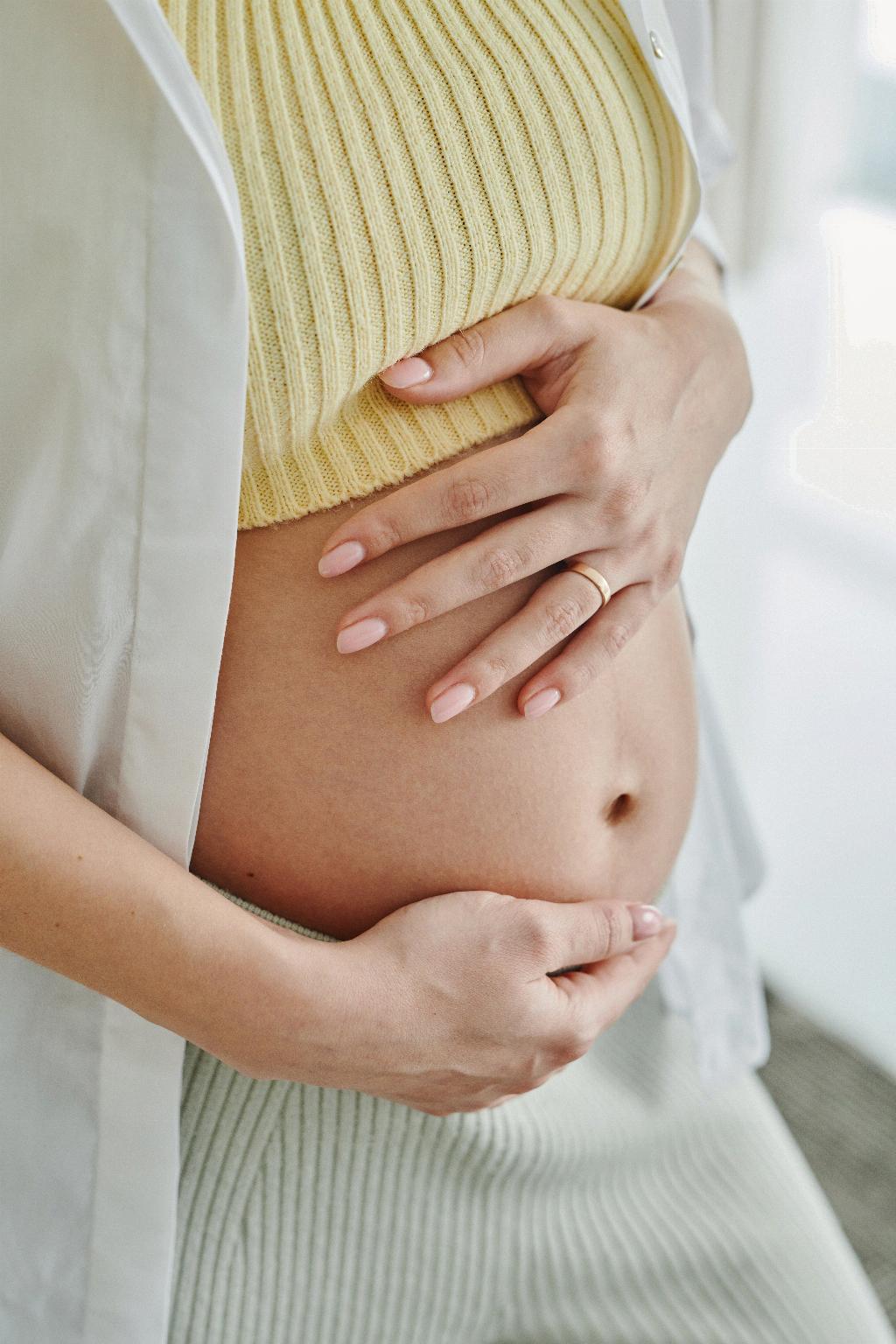When it comes to pregnancy, the safety of consuming green tea, including Starbucks green tea, is a topic that many expectant mothers are curious about. With the popularity of green tea due to its potential health benefits, it’s natural to wonder if it’s safe to enjoy during pregnancy.
Green tea contains caffeine, which is a concern for pregnant women as excessive caffeine intake has been linked to potential negative impacts on pregnancy. However, the amount of caffeine in green tea is generally lower compared to coffee, making it a more suitable option for those looking to limit their caffeine intake.
Doctors often recommend that pregnant women limit their caffeine intake to around 200 mg per day. This guideline can help reduce the risks associated with excessive caffeine consumption while still allowing for some flexibility in enjoying foods and beverages that contain caffeine, such as green tea.
Starbucks, a popular coffee shop chain known for its variety of coffee and tea options, offers green tea on its menu. When considering whether Starbucks green tea is safe during pregnancy, it’s important to be mindful of the caffeine content in their beverages and how it fits into your overall daily caffeine intake.
It’s worth noting that Starbucks green tea options may vary in terms of caffeine content depending on the type of green tea and how it’s prepared. Some green tea drinks at Starbucks may have added ingredients or flavors that could alter the caffeine levels, so it’s essential to be aware of these factors when making your choice.
If you’re a fan of Starbucks green tea and are pregnant, consulting with your healthcare provider can help you make an informed decision about whether it’s safe for you to consume during pregnancy. Your doctor can provide personalized advice based on your individual health status and pregnancy-related concerns.
During pregnancy, it’s crucial to prioritize your health and well-being, which includes making mindful choices about what you eat and drink. While green tea can be a part of a balanced diet, moderation is key, especially when it comes to caffeine consumption, as it can impact both you and your baby’s health.
Opting for decaffeinated green tea or choosing alternative caffeine-free beverages from Starbucks may be a suitable option for pregnant women looking to enjoy a warm drink without the potential effects of caffeine. Exploring different options can help you find what works best for you during this special time.
When in doubt about whether Starbucks green tea or any other caffeinated beverage is safe during pregnancy, it’s always best to seek guidance from your healthcare provider. They can offer tailored recommendations and support to ensure that you make choices that align with your pregnancy goals and overall well-being.
Remember that every pregnancy is unique, and what works for one person may not be the best choice for another. By staying informed and seeking professional advice when needed, you can navigate the world of food and drink options, including Starbucks green tea, with confidence and peace of mind.
In conclusion, while Starbucks green tea can be enjoyed in moderation during pregnancy, it’s essential to be mindful of your overall caffeine intake, consult with your healthcare provider, and listen to your body’s needs. By making informed decisions and prioritizing your health, you can continue to savor your favorite beverages while nurturing yourself and your growing baby.

